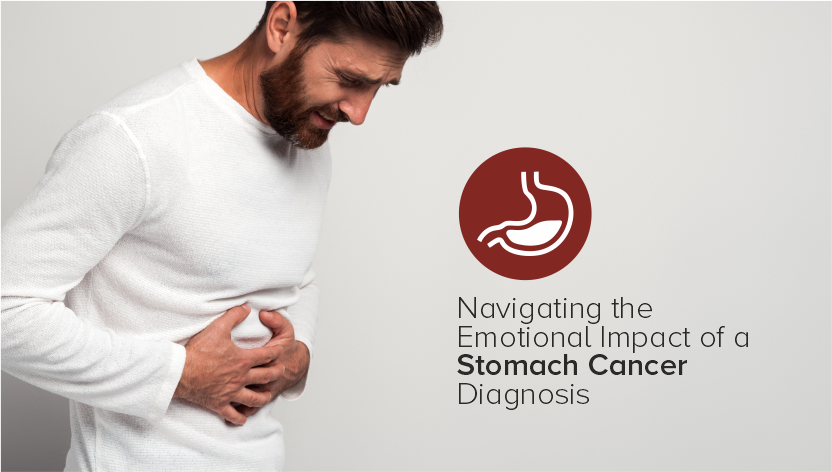The words "You have cancer" can send anyone into a whirlwind of emotions. If you're navigating a stomach cancer diagnosis, you're not alone in feeling overwhelmed by the emotional rollercoaster.
Stomach cancer affects not only your body but also every facet of your emotional well-being. Whether you are the patient or a loved one, understanding these emotions is crucial to managing them effectively.
